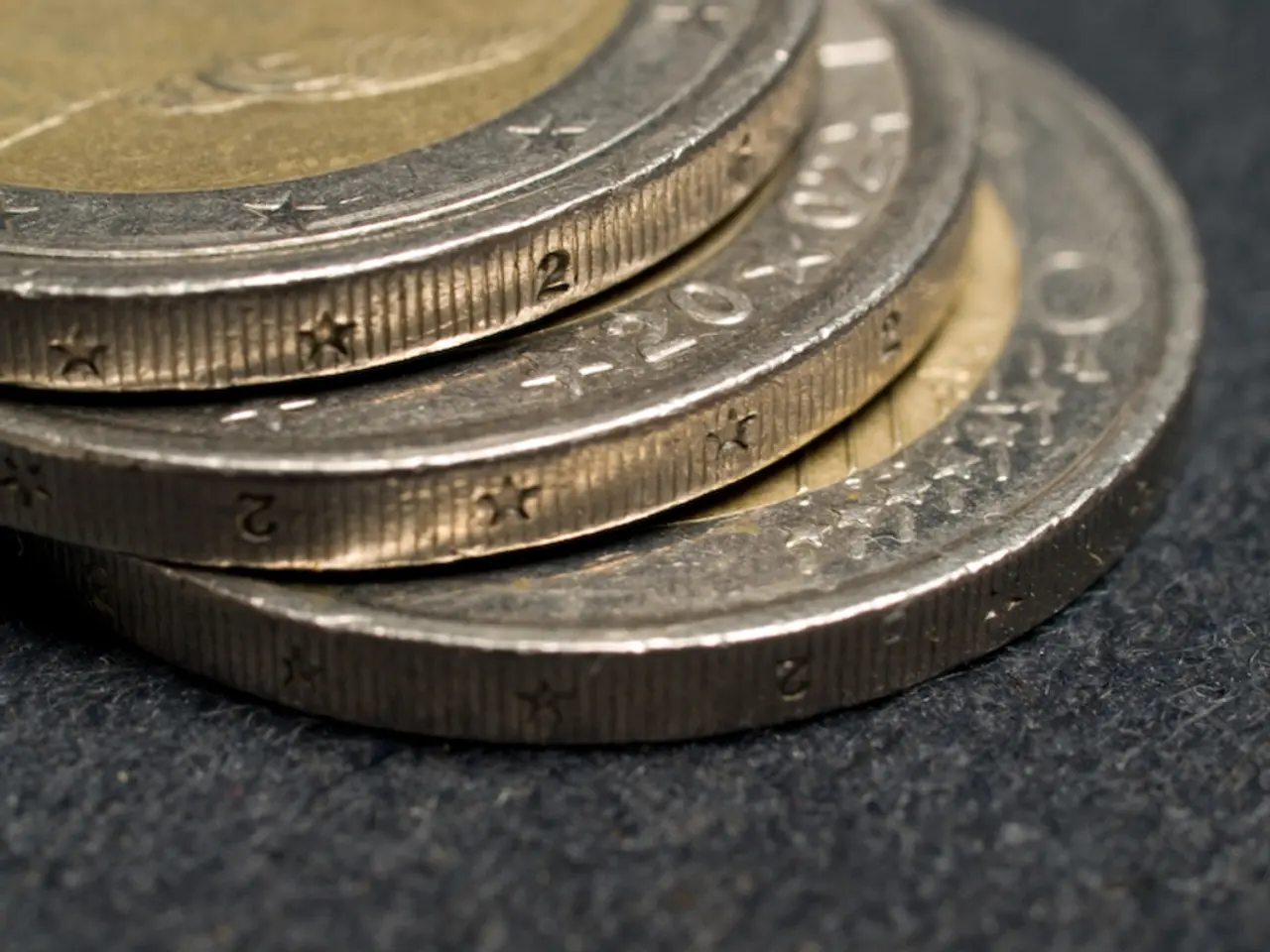GameStop's Choice of Bitcoin Over Gold Explained
Bitcoin, the pioneering digital currency, has been making waves in the financial world, particularly during times of economic crises or political uncertainty. Its value has been on the rise as more people recognize its potential as a reliable and scalable alternative to traditional currencies.
One of the key advantages of Bitcoin over traditional assets like gold is its limited supply. Bitcoin has a fixed supply of 21 million units, a characteristic that Cohen, CEO of GameStop, finds superior to gold. This scarcity ensures Bitcoin's long-term potential and sets it apart from gold, whose supply can increase through mining.
Bitcoin's operation on a decentralized network provides it with authenticity and security. Unlike gold, which can be physically confiscated, Bitcoin is immune to control or seizure by any government. Transactions are transparent and traceable on the blockchain, reducing risks associated with fraud or counterfeiting.
Bitcoin's divisibility is another advantage. Unlike gold, which can be bulky and less divisible, Bitcoin can be easily divided into small units, enabling flexible ownership and transfer.
Bitcoin's resistance to inflation is another selling point. Its supply is algorithmically limited and unaffected by government monetary policies or inflationary money printing. This helps preserve purchasing power when fiat currencies lose value due to inflation, quantitative easing, or excessive spending.
The global liquidity of Bitcoin is another factor that sets it apart from gold. Bitcoin can be transferred globally almost instantly and with minimal cost, unlike physical gold which requires logistics and security.
The increasing acceptance of Bitcoin by merchants, countries, and institutions enhances its utility and store-of-value properties. This trend is reflected in the growing number of corporations accumulating Bitcoin for their treasuries, such as GameStop, which has acquired over 4,000 units of Bitcoin.
Because of these factors—particularly Bitcoin’s fixed supply, immunity to geopolitical and monetary policy risks, censorship resistance, and global liquidity—it is considered a robust option for protecting wealth during times of economic uncertainty and currency devaluation. Ryan Cohen and other proponents argue that Bitcoin’s structural advantages make it a modern "digital gold," well-positioned to serve as a strategic reserve asset that can safeguard wealth against inflation, economic instability, and monetary dilution.
In summary, Bitcoin's scarcity, decentralization, transparency, inflation resistance, and ease of transfer make it a superior reserve asset in a digital, uncertain economic environment. These features are what make Bitcoin an attractive option for those looking to protect their wealth amid economic uncertainty. The trend among corporations to accumulate Bitcoin reflects an increasingly greater perception of its potential to maintain and increase wealth.
Technology plays a significant role in the investing world, and Bitcoin, a digital currency, has been leveraging this in the realm of finance. Bitcoin, often compared to gold, offers advantages such as divisibility and resistance to inflation that appeal to investors like Ryan Cohen. Its operation on blockchain technology ensures transparency, security, and censorship resistance, setting it apart from traditional assets like gold. These features make Bitcoin an attractive wealth-preserving option in times of economic uncertainty.




